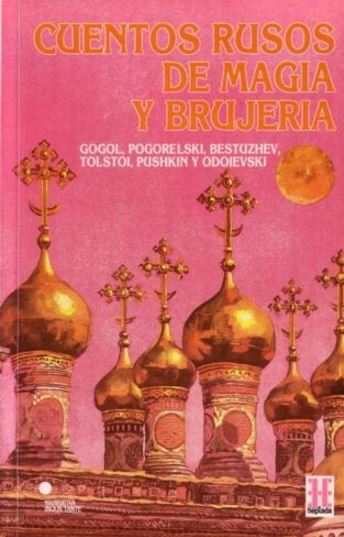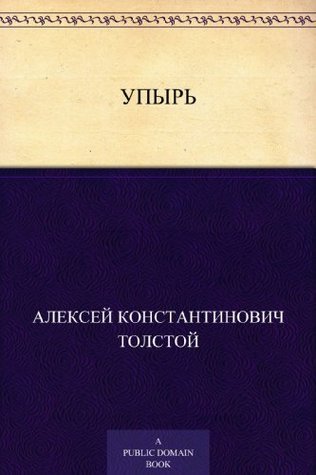
Count Aleksey Konstantinovich Tolstoy, often referred to as A.K. Tolstoy (Russian: Алексей Константинович Толстой), was a Russian poet, novelist and playwright, considered to be the most important nineteenth-century Russian historical dramatist. He also gained fame for his satirical works, published under his own name (History of the Russian State from Gostomysl to Timashev, The Dream of Councillor Popov) and under the collaborational pen name of Kozma Prutkov. A.K. Tolstoy was born in Saint Petersburg to the famed family of Tolstoy. His father, Count Konstantin Petrovich Tolstoy (1780–1870), a son of the army general, was a Russian state assignation bank councilor. His mother, Anna Alekseyevna Perovskaya (1796–1857), was an illegitimate daughter of Count Aleksey Kirillovich Razumovsky (1784–1822), an heir of the legendary Ukrainian hetman Aleksey Razumovsky. A. K. Tolstoy's uncle (on his father's side) was Fyodor Tolstoy (1783–1873). His uncle on his mother's side was Aleksey Perovsky (1787–1836), an author known under the pen name of Antony Pogorelsky. Aleksey Konstantinovich was a second cousin of Leo Tolstoy; Count Pyotr Andreyevich Tolstoy was their common great-grandfather. Tolstoy represented the later period of Romanticism in Russian literature; art for him was a mystic link between the human world and the higher spheres where "eternal ideas dwell." Along with Fet, his artistic and spiritual ally, he saw Art as a kind of higher science, man's only instrument for a true and comprehensive understanding of the world. Romantic tendencies were best realised in Tolstoy's poetry and in some of his dramas, notably Don Juan where the hero is on a quest for a romantic ideal, looking everywhere for love "that helps one penetrate into the wonderful universal laws, our world's hidden beginnings," as he put it."Art can only be a 'means' - all of the 'ends'... it contains in itself," Tolstoy wrote in 1870, in the course of long dispute with those whom he labeled "utilitarianists in literature". Such views automatically made him a "conservative" in the eyes of the revolutionary democrats who formed a large majority in the Russian literary circles of the 1850s and 1860s. Unlike Fet, though, Tolstoy insisted on the artist's total independence from ideology and politics, and felt himself totally free to criticize and mock authorities, a trait that snubbed many people in high places. Works Drama Don Juan (Дон Жуан, 1862) The Death of Ivan the Terrible (Смерть Иоанна Грозного, 1866) Tsar Fyodor Ioannovich (Царь Фёдор Иоаннович, 1868) Tsar Boris (Царь Борис, 1870)[42] Posadnik (Посадник, 1871, published in 1874-1976) Prose Prince Serebrenni (known also as The Silver Knight, Князь Серебряный, 1862 The Family of the Vourdalak (Семья вурдалака, 1839) The Vampire (Упырь, 1841) Poetry The Sinner (Грешница, 1857) Ioann Damaskin (Иоанн Дамаскин, 1858) Vasily Shibanov (Василий Шибанов, 1858) The Alchemist (unfinished, 1867) History of the Russian State from Gostomysl to Timashev (1868) Portrait (Портрет, 1872) Dragon (1875) The Dream of Councillor Popov (written 1873, first published in 1978, Berlin)






